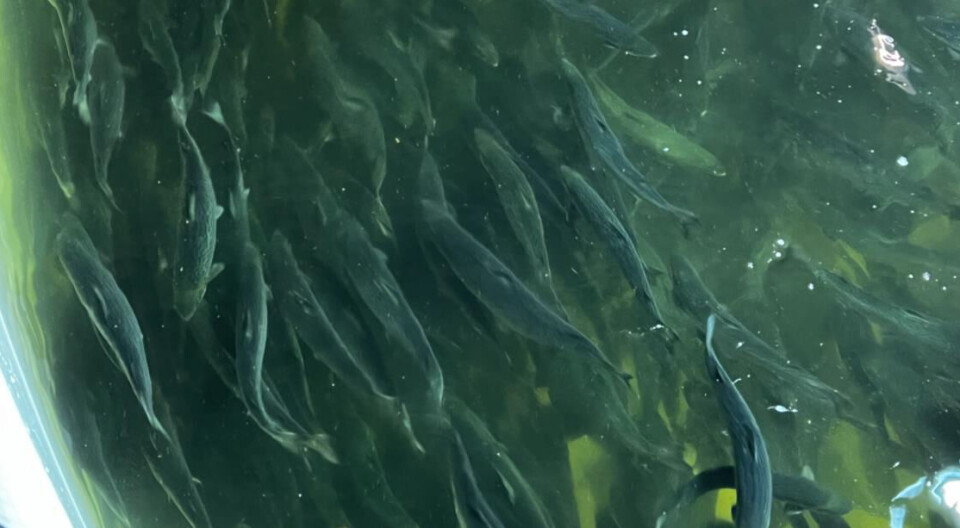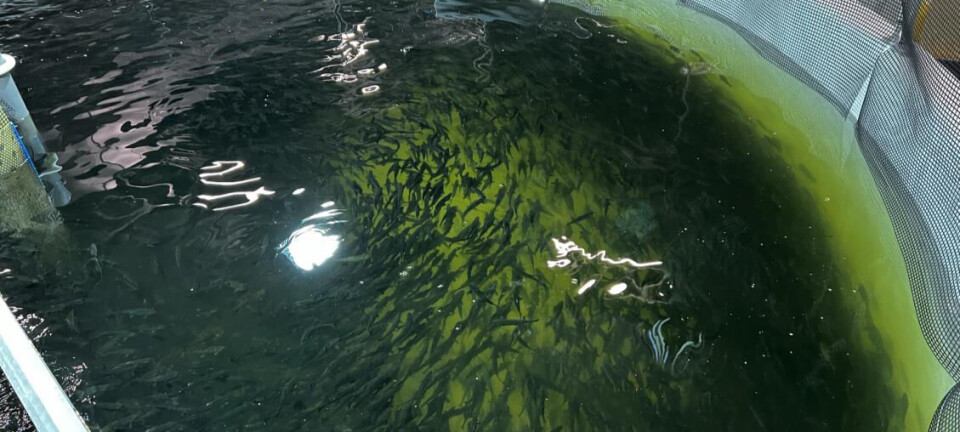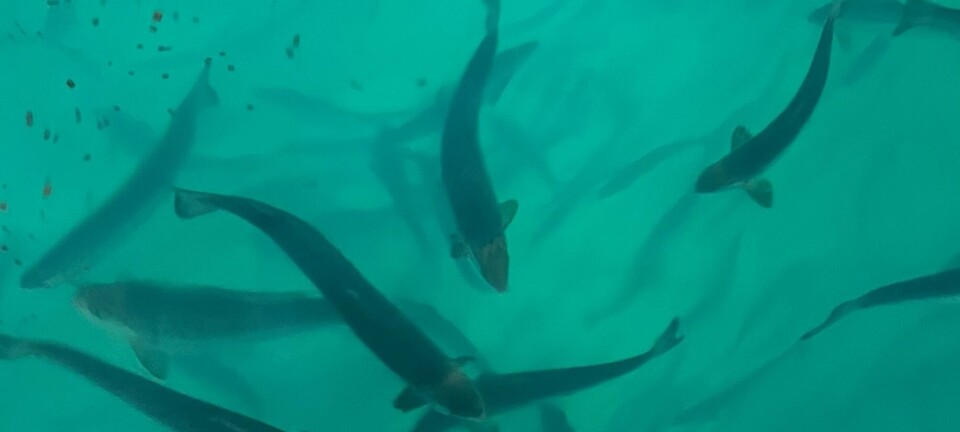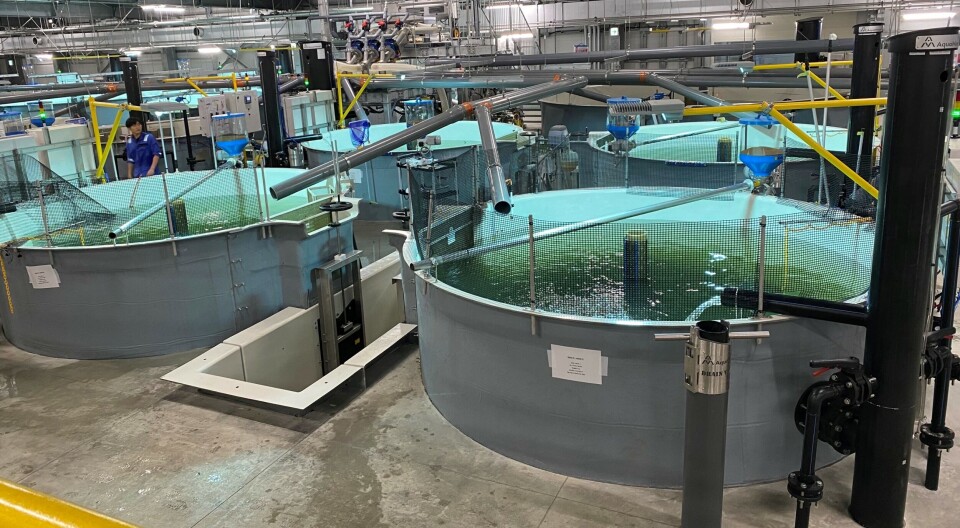
50,000 fish died after a rupture in a tank at Proximar Seafood
Seepage suspected to have eroded ground underneath vessel at Japan RAS facility
Japan land-based Atlantic salmon farmer Proximar Seafood experienced a rupture in one of four operational tanks at its new post-smolt farming facility, which resulted in a loss of biomass, it said in a market announcement today.
Preliminary estimates suggest that 50,000 fish died in the incident on Saturday.
The total number of fish at the Proximar facility at all stages of development amounts to more than one million individuals
“Early investigations indicate that leakage from the tank has washed away soil under the tank, which resulted in a sudden rupture. Part of the batch in the tank was saved and transferred to another production tank,” the company stated.
Joints and seals
Norwegian-owned Proximar said it is thoroughly investigating the incident and preparing to improve all joints and seals to prevent future leaks.
This will be carried out for all tanks at the recirculating aquaculture system (RAS) facility, and the costs associated with the improvements are expected to be approximately NOK 5 million. The costs associated with fixing the damaged tank are expected to be approximately NOK 1 million. The company is in contact with its insurers to cover damage and loss of fish, it said.
Proximar said that the RAS technology in the post-smolt department shows good performance in terms of water treatment capacity and stable operation.
“Since the start of production, the company has not experienced any system-related problems, and the fish perform very well in all batches,” said the company.
Harvesting in Q3
According to the plan, Proximar will start harvesting the first lots at the facility near Mount Fuji in the third quarter of 2024. The tank breach will affect the harvest volumes in the fourth quarter of 2024.
“In the start-up phase, Proximar has put in a large number of eggs and will continue to do so. This is a precautionary measure to ensure surplus biomass needed to deal with unexpected events, such as the one we just experienced,” the company explained.
“Recent checks by a qualified vet confirm good health and welfare conditions. There is no damage to the fins, and the fish are healthy and show good body shape. There was no escape of fish to the external environment from the breaching incident.”
Proximar will provide further information on the breach, as well as a general production update, in its fourth quarter report on February 23.












































































